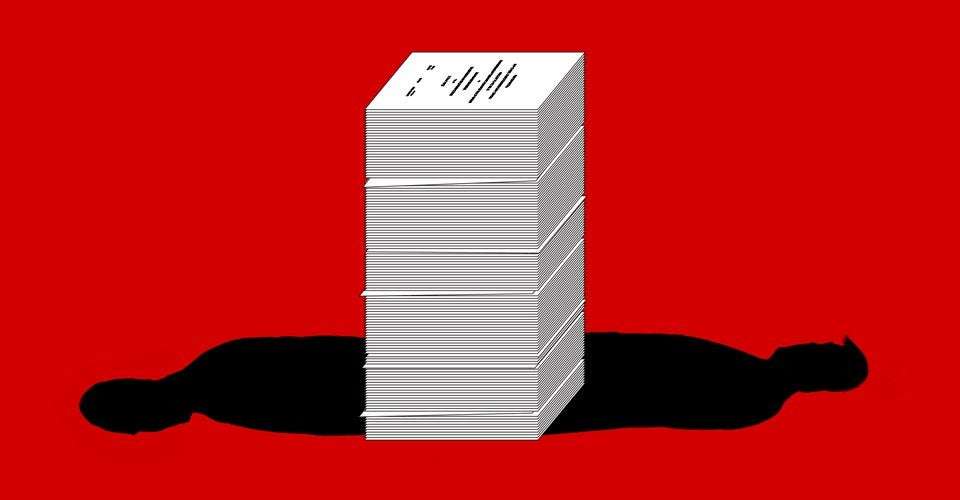The thousand-page fifth volume doesn’t definitively settle the question, in part because the SSCI was unable to procure a full record of events. The White House engaged in gamesmanship, invoking executive privilege to deny witnesses and block access to a paper trail. A slew of important witnesses invoked the Fifth Amendment. Others, such as Paul Manafort, lied relentlessly to investigators. The election of 2016 is one of the most closely studied events of recent memory, yet even the best-informed students of Russian interference don’t have a comprehensive understanding of it.
When Mueller’s prosecutors appeared in court, in February 2019, they implied that the most troubling evidence they had uncovered implicated Manafort, the Trump campaign chairman. This wasn’t a surprising admission. Throughout their filings, Mueller’s team referred to Manafort’s Kyiv-based aide-de-camp, Konstantin Kilimnik, as an active Russian agent. Manafort had clearly spoken with Kilimnik during the campaign, and had even passed confidential campaign information to him, with the understanding that the documents would ultimately arrive in the hands of oligarchs close to the Kremlin.
One of the great disappointments of the Mueller Report is that it fails to provide narrative closure after building so much anticipation for the Kilimnik story line. Mueller did not fully explain why Manafort’s relationship with his Ukraine-based adviser so bothered his prosecutors. Why had Manafort passed along the documents? And what did the oligarchs want with them?
Franklin Foer: Paul Manafort, American hustler
The committee fills in the gaps somewhat. It reports that Manafort and Kilimnik talked almost daily during the campaign. They communicated through encrypted technologies set to automatically erase their correspondence; they spoke using code words and shared access to an email account. It’s worth pausing on these facts: The chairman of the Trump campaign was in daily contact with a Russian agent, constantly sharing confidential information with him. That alone makes for one of the worst scandals in American political history.
The significant revelation of the document is that Kilimnik was likely a participant in the Kremlin scheme to hack and leak Clinton campaign emails. Furthermore, Kilimnik kept in close contact with the Russian oligarch Oleg Deripaska, a former client of Manafort’s. The report also indicates that Deripaska was connected to his government’s hacking efforts. This fact is especially suggestive: Deripaska had accused Manafort of stealing money from him, and Manafort hoped to repair his relationship with the oligarch. Was Manafort passing information to him, through Kilimnik, for the sake of currying favor with an old patron?
As maddeningly elliptical as this section of the report may be—and much of it is redacted—it still makes one wonder why Mueller would cut a deal with an established prevaricator like Manafort before pursuing his investigation of Kilimnik to more concrete conclusions.

rustyphish on August 19th, 2020 at 14:14 UTC »
Call me crazy, but I think Trump soliciting Russia to commit a crime against a US citizen on live TV confirmed it
Custergrant on August 19th, 2020 at 13:57 UTC »
And yet nothing happened. Censure and expel the Senators who obstructed this intel.
hildebrand_rarity on August 19th, 2020 at 13:51 UTC »
The report proves that Trump's team got the heads up about the Hollywood Access tape an hour before and then Roger Stone went and told Wikileaks to dump the Podesta emails and it shows that Wikileaks was working in coordination with Russia.
That sounds like collusion to me.